Looking at the new year, many people have made New Year’s resolutions. By the second month of the year, some of those New Year’s resolutions start to fall apart and motivation is lost. Let’s look at how we phrase those resolutions, why those resolutions start to fail, and talk about some tips to turn those wishes and resolutions into reality.
Many people make goals that aren’t SMART – Specific, Measurable, Achievable, Results-focused, and Time- bound. When phrasing goals and resolutions, many people say things like “I wish that I could lose 50 pounds this year.”
Instead of saying “I wish”, and setting goals without a SMART format, the challenge lies in turning the “I wish” statements into “I will” statements with Specific, Measurable, Achievable, Results-focused, and Time-bound parameters. One month into the new year, if motivation is starting to decrease, take a look at your resolutions, and recommit to them. Map those resolutions and goals out over the course of 2019. Break that resolution or goal into more manageable short-term goals.
Ask yourself, what behaviors do you want to address and turn into a habit in order to achieve the ultimate long-term goal? What are things you can do each do to achieve those long-term goals and solidify healthy habit formation?
When you break things down, and not take on too many things at once, this is when the magic happens, and you may find that you stay engaged, avoid feeling as overwhelmed, and ultimately achieve those long-term goals.
Let’s look at another common New Year’s resolution that people make when it comes to nutrition. “I’m not going to eat bad foods, and I’m going to eat healthier this year.” Awesome. Often with nutrition goals, people make the goal too restrictive, instead of addressing balance, sustainability, mindset.
The challenge most people have with a nutrition goal becomes turning “I can’t eat that” into more positive “I will eat…” or “I have the opportunity to make healthy choices today” or “I choose to eat healthy foods.”
So, what can help you to achieve these goals and accomplish your New Year’s resolutions when it comes to health and wellness behaviors? A great place to start is by working with an accountability partner, and participating in customized nutrition coaching. Then, take a long-term phased approach that includes ongoing nutrition coaching to help avoid the quick fix, stay in a healthy mindset to make healthy choices consistently, and learn healthy habits that become everyday habits.
Nutrition coaching is available to solidify your foundation and help make YOU the healthiest YOU this year.
To Your Continued Success,
Coach Don



